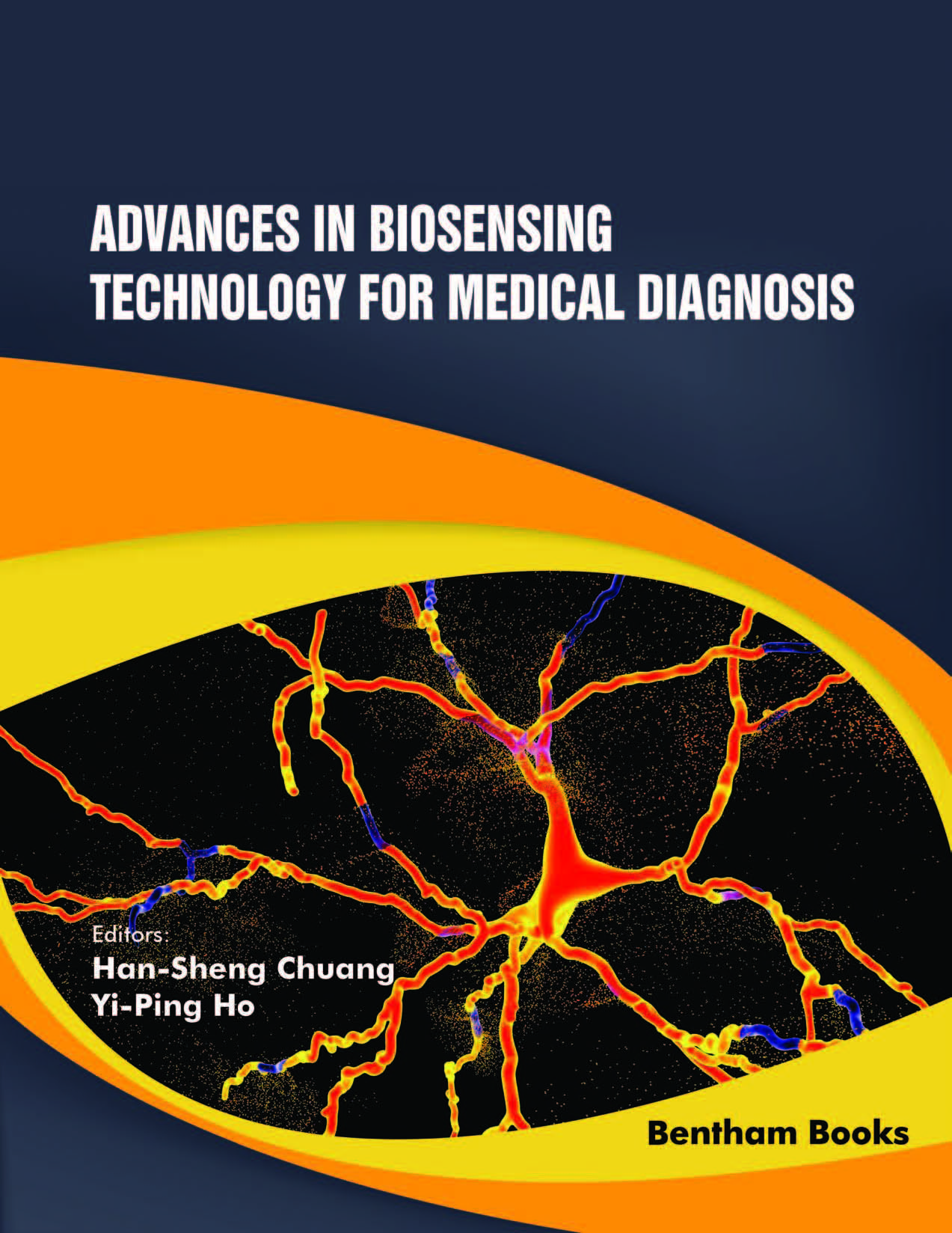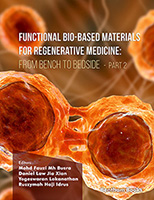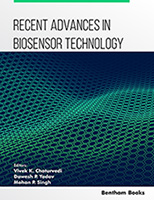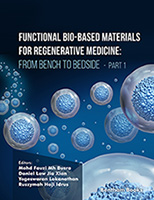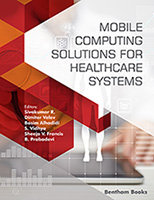Contributors
Editor(s):
Han-Sheng Chuang
Yi-Ping Ho
Contributor(s):
An-Chi Wei
Graduate Institute of Biomedical Electronics and Bioinformatics
National Taiwan University
Taipei
Taiwan
Birgitta Ruth Knudsen
Department of Molecular Biology and Genetics
Aarhus University
Denmark
Ching-Hua Lu
Department of Neurology
China Medical University Hospital
Taiwan
/
School of Medicine
China Medical University
Taiwan
Changchun Liu
Mechanical Engineering and Applied Science
School of Engineering and Applied Sciences, University of Pennsylvania
Philadelphia, PA
USA
/
UCONN Health
University of Connecticut
USA
Dean Chou
Department of Mechanical Engineering
National Central University
Taoyuan
Taiwan
Donghyun Kim
School of Electrical and Electronic Engineering,
Yonsei University, 50 Yonsei-ro, Seodaemun-gu, Seoul
Republic of Korea
South Korea
Di-Hua Luo
Department of Psychology
College of Science, National Taiwan University
Taipei
Taiwan
Eunseop Yeom
School of Mechanical Engineering
Pusan National University
Busan
South Korea
Hao-Hsiang Chang
Department of Family Medicine
National Taiwan University Hospital
Taipei
Taiwan
Huan Hu
ZJUI Institute
Zhejiang University, Haining
Zhejiang Province, 314400
China
Huong T. Vu
Department of Biomedical Engineering
The University of Texas at Austin
USA
Hsien-Chang Chang
Department of Biomedical Engineering
National Cheng Kung University
Tainan, 70101
Taiwan
Hsin-Chih Yeh
Department of Biomedical Engineering
The University of Texas at Austin
USA
/
Department of Biomedical Engineering and Texas Materials Institutes
The University of Texasat Austin
USA
Jinzhao Song
Mechanical Engineering and Applied Science
School of Engineering and Applied Sciences, University of Pennsylvania
Philadelphia, PA
USA
Jacky Fong-Chuen Loo
Department of Biomedical Engineering
The Chinese University of Hong Kong
Hong Kong
SAR
/
Department of Neuroscience and Biomedical Engineering
Aalto University School of Science
Aalto
Finland
Kamilla Vandsø Petersen
Department of Molecular Biology and Genetics
Aarhus University
Denmark
Ko-Hong Lin
Graduate Institute of Biomedical Electronics and Bioinformatics
National Taiwan University
Taipei
Taiwan
Lærke Bay Marcussen
Department of Biomedicine
Aarhus University
Denmark
/
Department of Molecular Biology and Genetics
Aarhus University
Denmark
Lei Li
CAS Key Laboratory of Cryogenics
Technical Institute of Physics and Chemistry, Chinese Academy of Science
Beijing 100190
China
Lester U. Vinzons
Graduate Institute of Biomedical Engineering
National Chung Hsing University
Taichung
Taiwan
Michael G. Mauk
Mechanical Engineering and Applied Science
School of Engineering and Applied Sciences, University of Pennsylvania
Philadelphia, PA
USA
Marianne Smedegaard Hede
VPCIR.COM
Denmark
Neil Adrian P. Ondevilla
Department of Biomedical Engineering
National Cheng Kung University
Tainan, 70101
Taiwan
Po-Yen Chen
Department of Mechanical Engineering
National Central University
Taoyuan
Taiwan
Ru-Yi Youh
Department of Mechanical Engineering
National Central University
Taoyuan
Taiwan
Seongmin Im
School of Electrical and Electronic Engineering,
Yonsei University, 50 Yonsei-ro, Seodaemun-gu, Seoul
Republic of Korea
South Korea
Soonwoo Hong
Department of Biomedical Engineering
The University of Texas at Austin
USA
Shu-Ping Lin
Graduate Institute of Biomedical Engineering
National Chung Hsing University
Taichung
Taiwan
/
Research Center for Sustainable Energy and Nanotechnolog
National Chung Hsing University
Taichung
Taiwan
Tien-Chun Tsai
Department of Biomedical Engineering
National Cheng Kung University
Tainan, 70101
Taiwan
Tza-Huei Wang
Department of Biomedical Engineering
Johns Hopkins University
Baltimore, Maryland
USA
/
Department of Mechanical Engineering
Johns Hopkins University
Baltimore, Maryland
USA
Wonju Lee
Korea Electrotechnology Research Institute
111 Hanggaul-ro, Ansan
Gyeonggi-do, Republic of Korea
South Korea
Wei-Min Liu
Department of Chemistr
Fu Jen Catholic University
New Taipei City
Taiwan
Wen-Wei Tseng
Graduate Institute of Biomedical Electronics and Bioinformatics
National Taiwan University
Taipei
Taiwan
Xianbo Qiu
College of Information Science and Technology
Beijing University of Chemical Technology
Beijing
China
Yu-De Lin
Graduate Institute of Biomedical Electronics and Bioinformatics
National Taiwan University
Taipei
Taiwan
Yi-Chia Wei
Department of Neurology
Keelung Chang Gung Memorial Hospital, and Chang Gung University College of Medicine
Keelung
Taiwan
Yi-Ping Ho
Department of Biomedical Engineering
The Chinese University of Hong Kong
Hong Kong
SAR
/
Centre for Novel Biomaterials
The Chinese University of Hong Kong
Hong Kong
SAR
Yen-Cheng Chao
Department of Chemistr
Fu Jen Catholic University
New Taipei City
Taiwan
Yi Zhang
School of Mechanical and Aerospace Engineering
Nanyang Technological University
Singapore
Yu-Ling Chang
Department of Psychology
College of Science, National Taiwan University
Taipei
Taiwan
Zih-Hua Chen
Graduate Institute of Biomedical Electronics and Bioinformatics
National Taiwan University
Taipei
Taiwan

